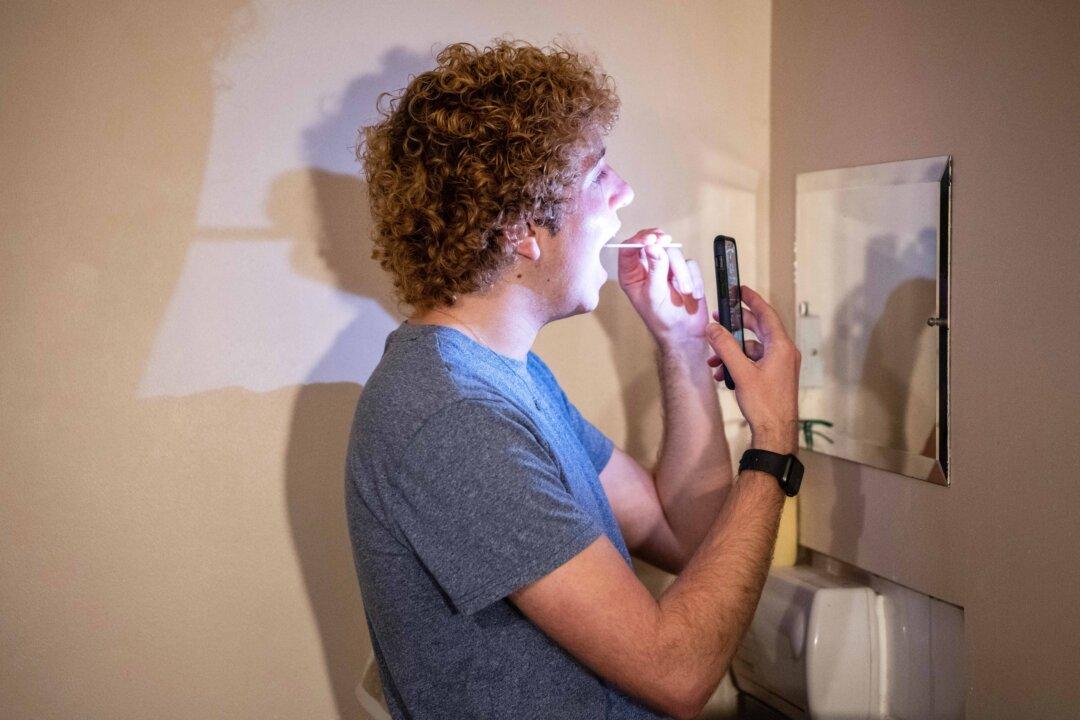Some experts are worried that England’s rollout of rapid test kits for people without COVID-19 symptoms could backfire due to the limited accuracy of the technology—especially if government messaging is not clear.
The UK government announced on Sunday that the lateral flow testing kits as piloted in Liverpool in the autumn would be available for people who can’t work from home, starting this week.





